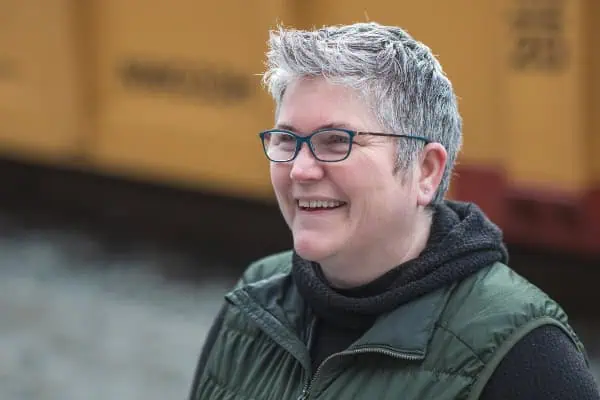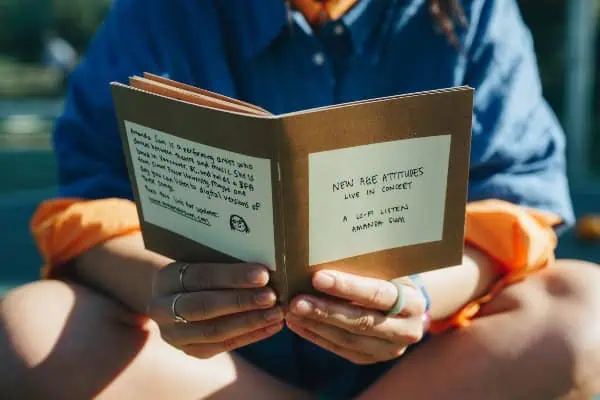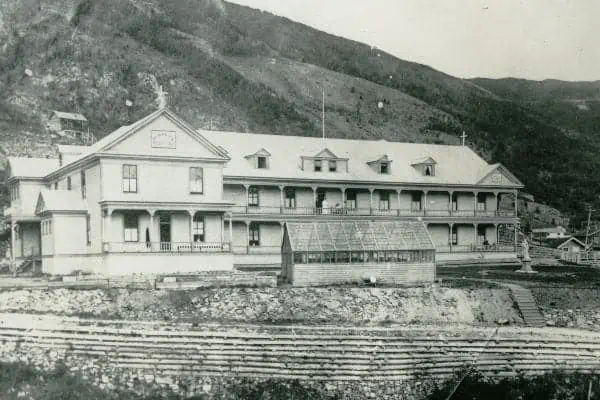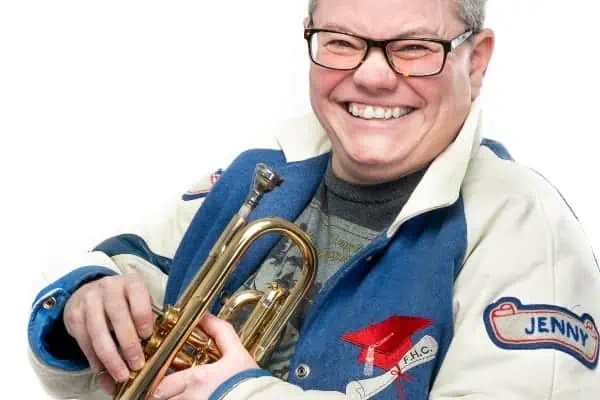The eye of Hurricane Matthew hit the Tiburon Peninsula, the southwest tip of Haiti, on October 4th. With winds that blew 230 kilometres an hour and up to 500 millimetres of rain in two days, it was the strongest storm to hit the country in 50 years, according to the NASA website.
The storm stripped parts of Haiti bare.
Earlier this year, in the summer, Freddy Osson’s dad, Gabriel Osson, asked him if he wanted to go to Haiti with him, and “do a little trek?”
Freddy said yes.
He lives in Dawson City. Gabriel lives in Ontario, he moved there when he was 17, from Haiti, where he was born. Freddy has always said that when he goes to Haiti, it will be with his dad.
In recent years Gabriel had been making trips to Haiti; his sister has a house there, she lives in the town of Jacmel, which is on the south coast of Haiti, east of the Tiburon Peninsula, directly south from the capital city, Port au Prince.
Gabriel does what Freddy calls humanitarian work. He brings ideas about permaculture to Haitians so they can farm the land and increase food security. This is crucial because Haiti is a “remarkable bountiful land,” says Freddy, but so many Haitians rely on foreign aid for food. Gabriel does projects that encourage farmers to grow food that will flourish there using methods that will keep nutrients in the soil. He’s also been involved in some work around reforestation.
Along with this, Gabriel’s interest is to share Haiti with others. He wants to start bringing people to the country for what he calls “geo-trekking adventures.”
He and Freddy planned to hike south from a town near Port au Prince, over a mountain pass, and into Jacmel. Gabriel wanted to see what the trail was like, because he is thinking of bringing some people there next April.
Their plan was waylaid by Hurricane Matthew. Gabriel and Freddy flew into Port au Prince on Oct. 6, their flight was delayed by “two or three days,” says Freddy, because the airport was closed.
A friend of Gabriel’s picked them up from the airport and they drove over the pass to Jacmel to Freddy’s aunt’s place.
I talked to Freddy because I wanted to know what Haiti was like right after the hurricane. Freddy and Gabriel were curious, too.
The main road west, to where the eye of Matthew landed, was closed because of landslides and flooding. Freddy was in Haiti until Oct. 15, and he said a cargo truck started winding its way west when he was leaving.
He didn’t see any of the devastation. Driving over the pass to the south coast, some of the tin roofs were peeling a bit. The rivers were swollen. When he asked, people told Freddy that, “the wind blew like a jerk for 48 hours and there was a tonne of rain,” he recounted.
The feeling Freddy got is that Haitians are used to being hit by disasters. “There’s an acceptance,” he says. “People say, ‘we’ve been hit by hurricanes before, there’s earthquakes, this is Haiti!’”
There was an hour or two of power a day, but other than that it was out. Previous to the hurricane, people told Freddy that the power had been fairly reliable. “But it didn’t seem to slow anyone down,” he said.
He and his dad spent their time walking around, going to the beach. A pastor Gabriel knows is a writer and a poet, and they went to a poetry slam with him that happens every week.
Freddy and Gabriel stayed in Jacmel for a little over a week, then they hiked north, into the mountains. “The air was cooler, the vegetation was different,” says Freddy. “There were pine trees and cactuses growing in the same forest! Pretty cool.”
They crested the pass and had a view into the next valley. “The place is a beast, man,” says Freddy.
He recounted a legend told in Haiti where an early explorer was asked to describe the topography. The man crumpled up a piece of paper and threw it on the table, “there you have it man,” he said.
“And what the Haitians say is, ‘behind the mountain, there is another mountain’, except in creole,” says Freddy.
Here the tragedy of deforestation was apparent to Freddy. He saw rocks exposed because of erosion, and roads washed out in landslides.
Freddy didn’t go to the most western tip of Haiti, the area called the breadbasket, where crops, homes and livestock were wiped out. What he experienced were Haitians living life, as usual.




